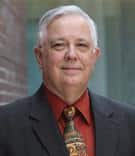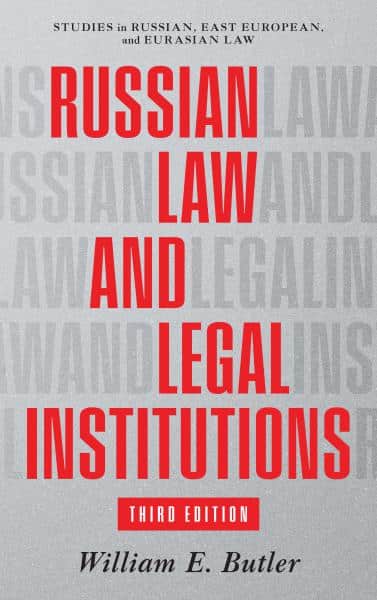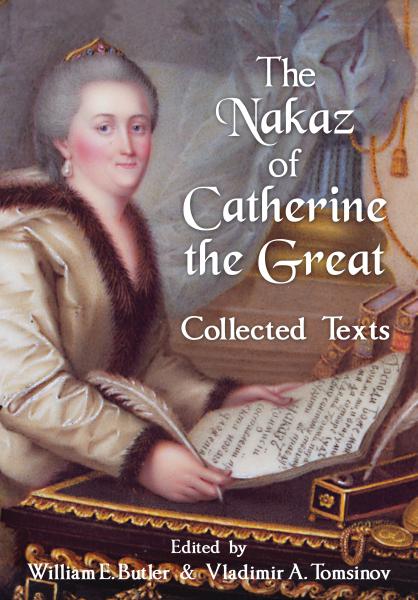
William E. Butler
John Edward Fowler Distinguished Professor of Law, Dickinson Law, Pennsylvania State University
When did you first develop an interest in Slavic, East European, and Eurasian Studies?
I am one of the Sputnik generation who acquired an early interest in international affairs and resolved to combine that interest with legal studies. I systematically pursued the acquisition of advanced degrees in both disciplines and ultimately wrote a Ph.D. dissertation on “The Soviet Union and the Law of the Sea.” Following my law degree at Harvard, I worked on a contract for the U.S. Arms Control and Disarmament Agency at Johns Hopkins SAIS and completed the pre-dissertation requirements. Then I returned to Harvard as Research Associate in Law where a collective course was designed and offered by five of us on “Chinese, Soviet, and Western Approaches to International Law.” In 1970 I was appointed to the Readership in Comparative Law at the University of London, tenable at University College London, where the preference was for a Soviet law specialist. There I remained for 35 years, elevated to a personal chair in 1976. Upon retirement in 2005, I returned to the States and took a position at Dickinson Law.
What support have you received throughout your career that has allowed you to advance your scholarship?

What is your current research project?
I have more than one underway, as usual. Much time is being devoted to completing a treatise provisionally entitled The St. Petersburg School of International Law in collaboration with a colleague from St. Petersburg University. Just published was a monograph for Oxford University Press, International Law in the Russian Legal System.
What does your ASEEES membership mean to you? How has your involvement with ASEEES helped to further your career?
I joined ASEEES back in 1962 as a graduate student and became a life member during the mid-1980s; one of my better investments. From time to time I have been on legal panels at Society conferences and done the occasional book review. The journal is the lifeblood of the Society, interdisciplinary in focus, and thoroughly introduces developments in the field via its extensive reviews of the current literature.
How do you envision your current research project(s) within the broader field of SEEES?

Besides your professional work, what other interests and/or hobbies do you enjoy?
I am a bibliophile, collector of bookplates (ex-libris), and amateur beekeeper – the last inspired by Dorothy Galton’s monograph on a millennium of Russian beekeeping, mentioned three times in the Russkaia Pravda.